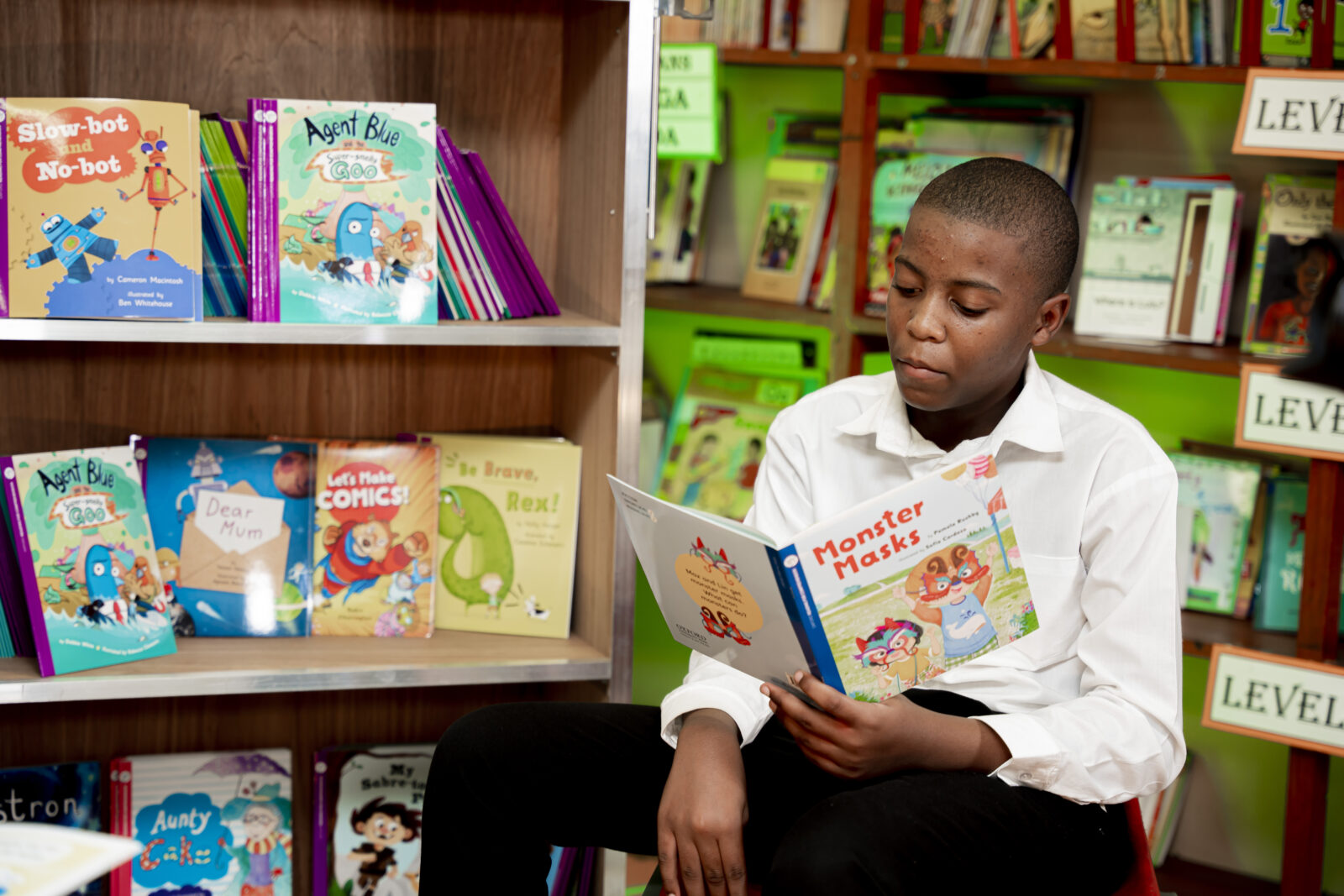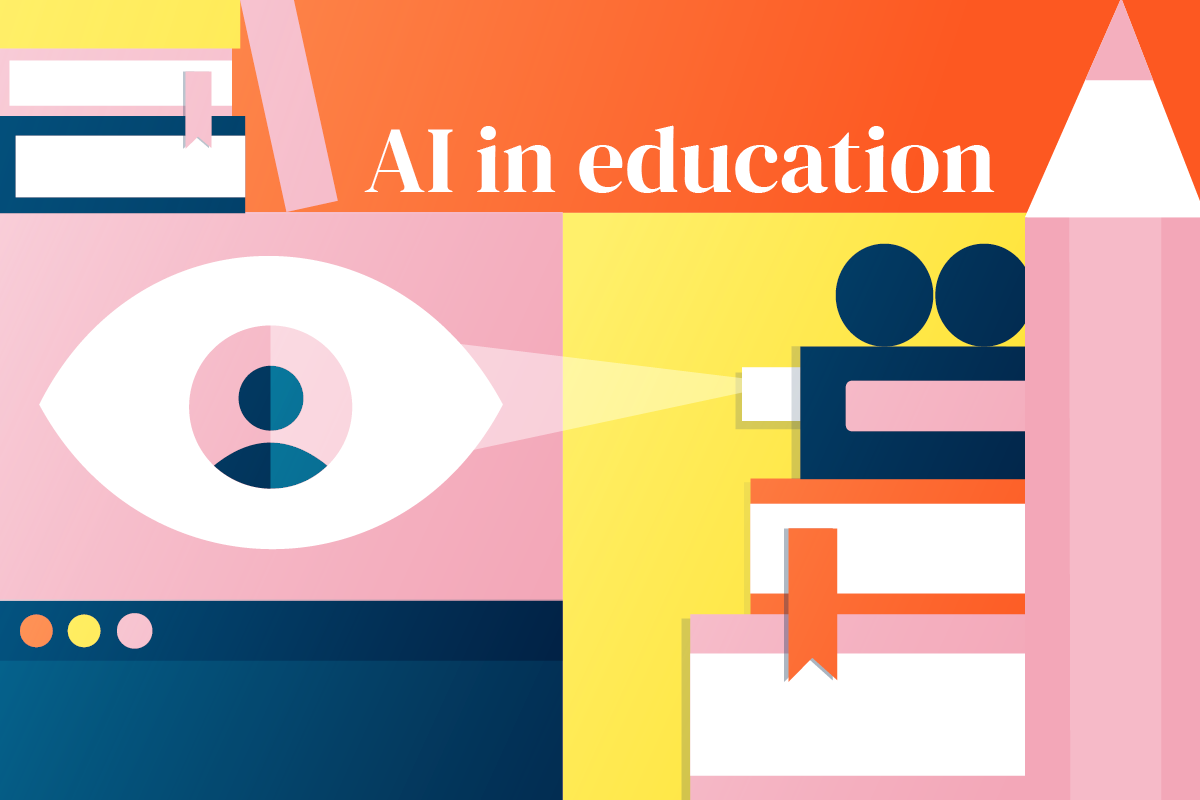Five considerations in a milestone year for learners and educators

2024 is a milestone year for political changes in many countries around the world. Major elections are taking place and significant decisions will be made that could have an impact on current and future students, teachers, and the wider education sector.
We know the transformational power of education and research in wider society. Drawing on our own insights, research, and knowledge of the industry, we have brought together reflections from our experts on five key areas for policy makers to consider.
1. Enabling the development of core skills
In South Africa, literacy rates are a significant challenge as highlighted by the results of the latest PIRLS study. Karen Simpson, Managing Director of OUP’s Africa branch, said:
“Our vision is for every child to be able to read in their own language and therefore transform individual lives and communities. Aside from our publishing, we’re contributing through our partnership with AVBOB which provides fully stocked trolley libraries to schools where we can make the biggest difference to learning outcomes. We have also partnered with UNICEF and the Department of Basic Education to implement an intensive early grade reading intervention programme to over 100 schools in the Northern Cape.”

Similarly, in the UK our Raise a Reader campaign is designed to support children’s reading as society deals with the impact of pandemic school closures. Speaking as we published our latest research, Avnee Morjaria, Policy and Strategy Director in our UK team, said:
“We can see first-hand the impact the pandemic had on young people’s education and this is one of the key reasons why we launched our Raise a Reader campaign last year.
“Falling behind on vocabulary development is a significant issue for many children, and one which can impact their learning at school and later life chances.”

Of course, these are not the only important skills. Our AI in Education report highlighted the importance of future skills such as critical and analytical thinking, and technology literacy.
Our commitment to equipping students with the skills needed to thrive both in higher education and the wider world is reflected in our growing international exam board OxfordAQA. It can also be seen in the recently launched Oxford Test of English Advanced which focuses on the skills students need to succeed at university, as explained by Andrew Nye, Director of Assessment:
“Going to university is challenging enough—and that’s without the added challenge of being required to speak at an advanced level in your second language. We need to make sure that international students won’t be left behind because they haven’t had the opportunity to demonstrate certain skills that academic life expects of them, such as giving presentations or debating in English.”
2. Supporting teachers at all levels

Teachers are under pressure due to rising demand and teacher shortages. Workload is a daily challenge with lesson preparation, lesson delivering, marking, and so much more to support learners and keep schools running. However, developments in technology can help.
Sarah Ultsch, Product Strategy Director in our English Language Teaching division, explains how we see the role of technology alongside quality resources:
“Teachers need tools they can trust, that are simple to use, and that will help them free up more time for the irreplaceable moments of human interaction between teacher and student. We’re excited to be developing resources that make the most of the opportunities offered by AI, whilst keeping teachers at the very heart of English language teaching.”
Looking ahead to the next innovations in AI, we asked our global teacher community for their thoughts. 70% of teachers from primary, secondary, and English language schools were optimistic about the role of AI in education. Similarly, we spoke to researchers in higher education institutions—the majority said they were already using AI and amongst them, 67% feel it has benefitted them in some way.
3. Promoting sustainability through education to protect our planet
Climate change is an urgent and pressing concern for people around the world; not least children, with the term voted as the latest Oxford Children’s Word of the Year. There is rising demand for these issues to be explored fully in classrooms, as Matt Davidson, Head of International Market Development and Curriculum, explains:
“Increasingly, teachers have been telling us that they want to bring sustainability into the classroom but aren’t sure how to do so, especially without worsening climate anxiety.
“So, we have worked hard with teachers and external experts to develop Sustainability as a new subject for the Oxford International Curriculum.”

4. A focus on wellbeing
The COVID-19 pandemic highlighted and accelerated mental health challenges for many young people; these challenges have not fallen away.
Teachers are at the forefront of supporting our young people and it’s important that space and support is made available to help them do that.
In India, in response to the new National Curriculum Framework, we introduced a wellness curriculum to help school children understand emotions, live an active lifestyle, develop healthy relationships and look after their communities. Sumanta Datta, OUP India’s Managing Director, highlighted that:
“We are confident this will bring joy to the learning experience and contribute to shaping well-rounded individuals. Our impact study found that incorporating wellness curriculum such us ours in schools ensures that learner engagement is high, and they experience greater success. It reduces dropout rates in schools and raises self-efficacy and self-esteem levels amongst learners.”

5. Access to high quality education and research improves lives
Education changes lives but access to it is not always equal. For example, in a recent global survey we found that just 9% of language teachers feel very confident in teaching refugees as well as highlighting specific challenges they face beyond language such as access to resources or adjusting to a new culture. We saw first-hand through our partnership with The Educational Equality Institute how resources can benefit Ukrainian refugees learning English.
Ben Knight, Head of Pedagogy Research for English Language Teaching, shared how our resources can help in our recent Responsible Publishing Report:
“We know that language proficiency plays an important role in refugees successfully resettling and integrating into a new country. Our paper and toolkit provide practical guidance and advice for language teachers supporting refugees in the classroom, based on insights from experts in the field.”

At Oxford University Press, our mission is to further the University of Oxford’s objective of excellence in research, scholarship, and education by publishing worldwide.
Whatever shifts we see in the worlds of education and research, we remain committed to delivering against our mission, and working with our wider communities to help advance knowledge and learning.




